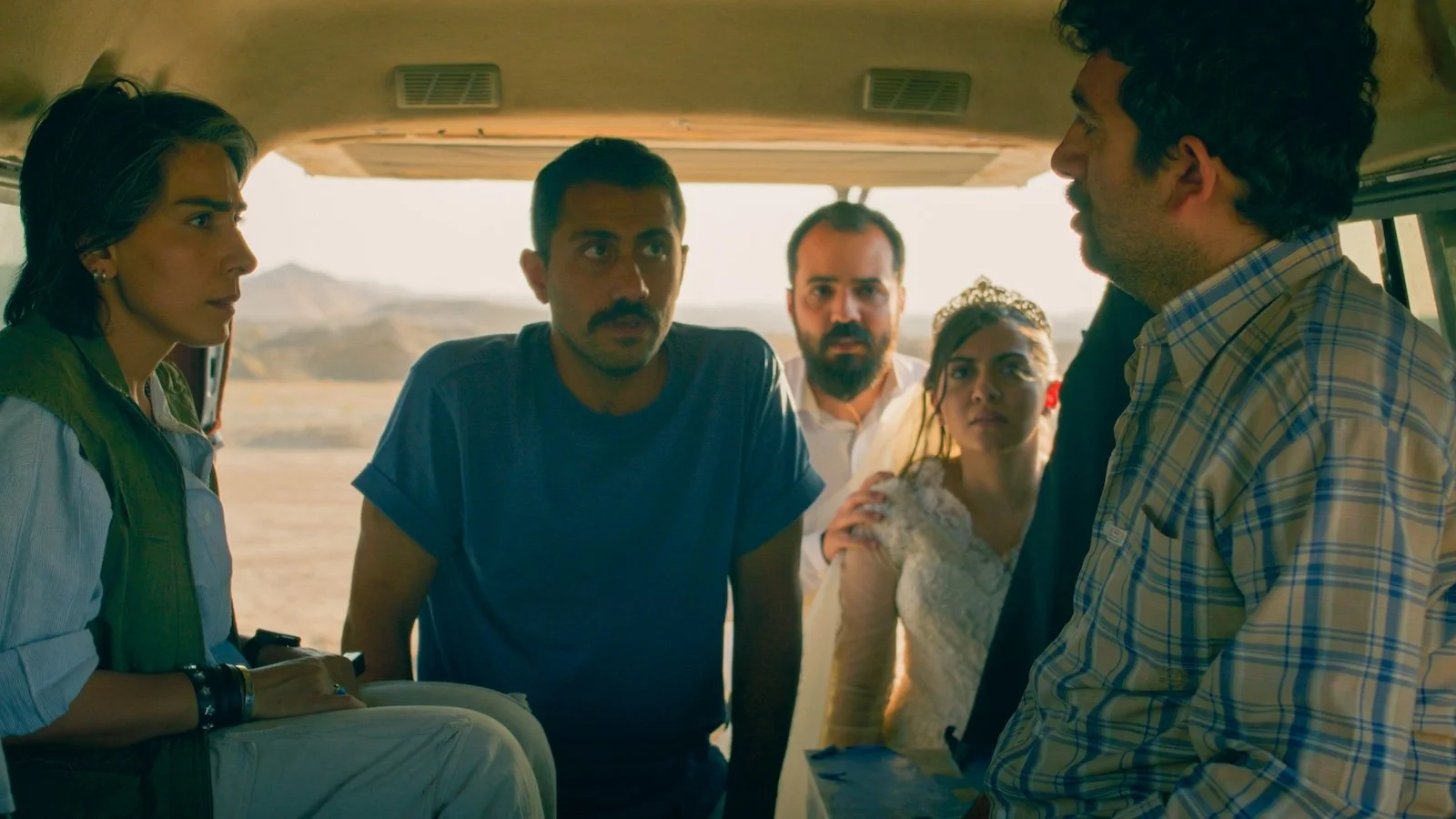Hot Docs 2025: Colossal
I don’t typically go for family portraits doubling as documentaries, but Nayibe Tavares-Abel’s family is not your typical family. Her grandfather, Froilán Tavares, was the head of the electoral board in the Dominican Republic that helped commit the fraud that won the 1990 election for dictator Joaquín Balaguer. Her uncle Amín Abel was an activist martyred in his fight for civil rights. Her family history is central to the history of this Caribbean nation, so it’s understandable that she uses her own heritage as a way to interrogate the nation itself in Colossal, her documentary that blends political history with autobiography.
The film’s name refers to the colossal fraud of the 1990 election, but also speaks to the towering influence that the country’s politics have had on her personal life; it overwhelms everything, shapes everything. She cannot escape the shadow of the past. Tavares-Abel frames the film through the artistic conceit of her constructing a family tree on her wall. As she adds photographs to the wall, we get the story behind the photos, digging into the lives of various family members and the family history that continues to shape the nation to this day in 2025.
The family tree element is a useful framing device, but other artistic indulgences are less successful. The repeated cutbacks to Tavares-Abel swimming, for instance, only pay off in the film’s final moments, and until then seem merely filler to pad out an already scant runtime. Colossal is on firmer ground when using archival footage, which is illuminating about the history of the Dominican Republic, a nation that many North Americans think of fondly as a beach resort getaway or farm for MLB talent, but likely know little about in terms of politics or history.
Thus, Colossal becomes a useful primer on this Caribbean nation, its recent history of governance, and its struggle for voting rights. It highlights the prevalence of corruption and the influence of the United States in allowing dictators to trample the rights of the population. The use of archival footage and photographs is strong here. The sound design in particular brings an urgency to these moments from the past.
Over the course of the film, we learn about the history of Froilán Tavares and his well-meaning attempts to run an impartial election being undone by issues with cash flow. We learn about Amín Abel and the activist legacy he left behind. We learn about the current history of voting rights in the nation as we observe an election where independent observers documenting the vote count through video are crucial to holding corruption and fraud in check. It’s fascinating to learn so much about the Dominican Republic.
Still, Colossal never feels like the most rigorous version of this story. You can sense the trepidation behind the camera, not only about sharing such personal details about her family, but about what kind of film this should be: a personal portrait or a historical documentary. It splits the difference, which has some merit, but never resolves entirely, making you wish it had more strongly pursued one artistic approach. Nevertheless, Colossal is ultimately compelling and proof of an artist with a story to tell, even if she’s not resolved in the best way to tell it.
6 out of 10
Colossal (2025, Dominican Republic)
Directed by Nayibe Tavares-Abel.



Nia DaCosta’s sequel to 28 Years Later pits two competing theologies of death against each other.